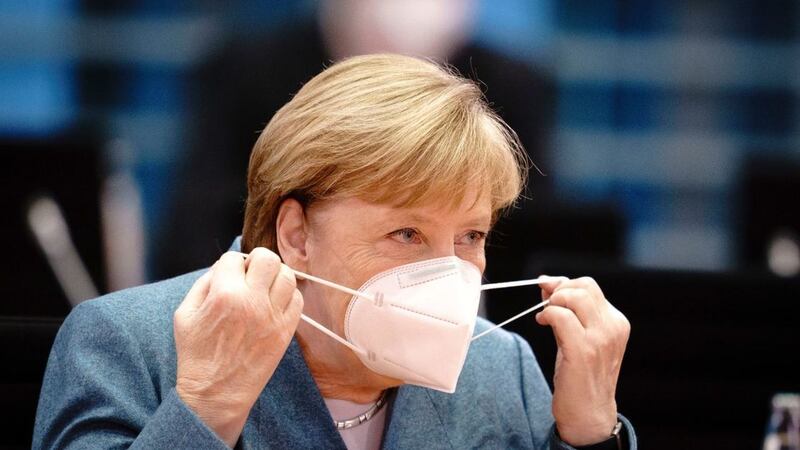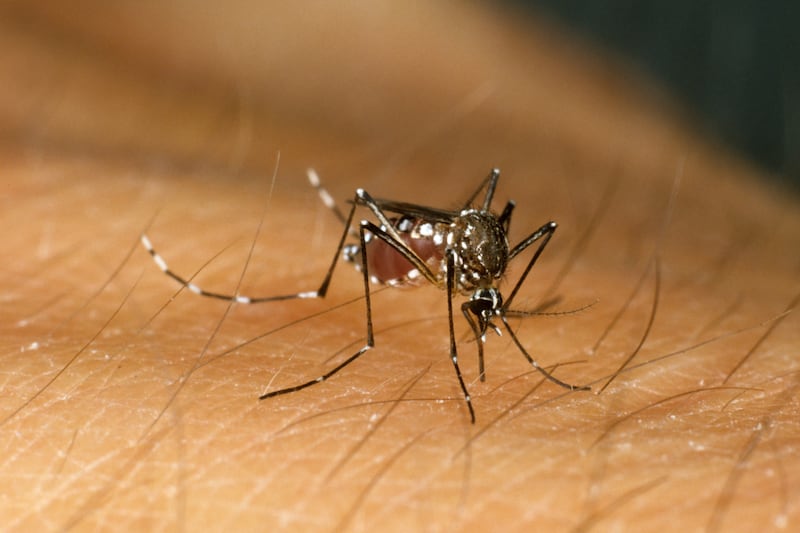There has been a "further acceleration" in the spread of Covid-19 in Europe, which had about half of the globe's new cases reported last week, according to the World Health Organisation.
The UN health agency said in a weekly report that European countries also recorded a 46% increase in deaths compared with the previous week. Although deaths also rose in the Americas, the rate there was only 2%.
In Europe, France, Italy and the UK reported the highest numbers of new cases while Andorra, the Czech Republic and Belgium reported the highest rate per capita.
The WHO said cases in Italy jumped by 72% last week, with about 175,000 new cases.
In Switzerland - where the WHO's headquarters is based - the agency said test positivity rates were about 23%, suggesting many people with the disease are going undetected.
The agency also reported that the proportion of Covid-19 deaths among people aged 25-64 increased from about 10% in the early stages of the pandemic to about 30% in the summer. About 75% of deaths in recent weeks are in people older than 65.
The Baltic nations of Estonia and Latvia said they had registered record daily numbers of infections.
Health officials in Estonia said the country of 1.3 million confirmed 208 new cases in the past 24 hours, putting the cumulative total to 5,333 cases with 73 deaths.
Latvia recorded 313 cases in 24 hours. Health officials said the nation of nearly 2 million has 6,752 confirmed cases and 85 deaths.
Belgium, which is proportionally still the worst-hit nation in Europe when it comes to recorded cases, said on Wednesday there are increasing signs that a turning point is close.
"The high-speed train is slowing down," said virologist Steven Van Gucht of the Sciensano government health group. "The infection centre is stabilising and hospital admissions are increasing at a slower pace."
The announcement came after increased measures over the past few weeks, with bar and restaurant closures capped by a partial lockdown, which started on Monday and put further restrictions on gatherings and forced non-essential shops to shut.
Despite the guarded optimism on the figures, Mr Van Gucht said: "Let there be no doubt that the tough rules need to be maintained."
Belgium has the highest proportional incidence of cases in the EU with 1,753 per 100,000 people, while countries like Spain, the UK and Italy have less than a third of that concentration.
Mr Van Gucht said that for the first time in a month, new infections on a weekly basis were going down.
There were fears that the 2,000 capacity of beds in intensive care units would have been reached by Friday, but he said the increase was slower there too and occupancy stood at 1,351 beds.
"We expect the number of ICU patients to rise for a few more days," Mr Van Gucht said, but he estimated there could be a peak of around 1,800 beds within two weeks.
Global coronavirus cases - map provided by John Hopkins University








